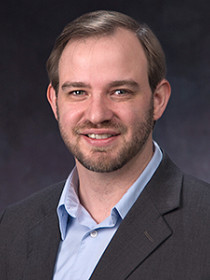
Michael Bader
Connect with Michael
About Michael
Bader studies how cities and neighborhoods have evolved since the Fair Housing Act passed in 1968. He links long-term patterns of neighborhood racial change to the ways that race and class influence the housing search process. He studies how these changes affect the health and well-being of Americans and potentially exacerbate racial health inequality. To accomplish this research, Bader has developed methodological tools that combine survey data with big to study neighborhood environments. He is the Associate Director of the Metropolitan Policy Center at American University and Director of the DC Area Survey.
Contributions
In the News
Publications
Elaborates on how more and more researchers are collecting neighborhood data from Google Street View. Provides an overview of those efforts, suggests best practices, and warns about practical and ethical problems associated with the strategy.
Investigates how D.C. area residents perceive and experience racial diversity in their lives, American University conducted a comprehensive survey of their attitudes. Provides initial findings from that study.
Demonstrates that race influences where people look for housing in the Chicago metropolitan area. Mentions that it has a particularly strong influence on the preferences of whites that cannot be explained by school quality or crime.
Presents a shift from "white flight" in the 1970s to a more gradual process of racial change in the 1980s-2000s. Indicates that many currently integrated neighborhoods are on paths toward increasing segregation.
Shows that middle-class, white parents living in a large city relied on word-of-mouth that they gleaned at playgrounds to choose schools for their children and whether they moved rather than test scores or other measures. Highlights the important ways that the places people live now shape where they end up in the future.